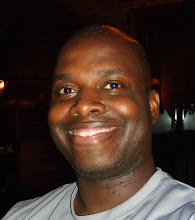The challenge of great delusion, deception, is to corrupt each of these choices by creating safe havens. Safe havens, in this context, are social environments that attend to your presenting need for information with a calming, safe, reaffirming worldview. Through safe havens, you can feel validated in your previous knowledge, confident that you have learned. You exhibit no negatively reinforcing behaviors, and the choice was yours autonomously.
The problem is that you did not lose anything. You participated in a closed-system loop. Input your worldview. Output your worldview. By definition, if you experienced stress in the context of a worldview you held, that worldview cannot be reaffirmed. It must be updated. This updating of your worldview can be termed development. Development requires a loosening of your structured worldview. Development is the process of redefining your role in the context of the world that you perceive. Wisdom is the result of reflective, open-system determination of the best way to use knowledge. Wisdom requires you to see the world in a new way and redefining your place within it.
Simple behaviorism (to be distinguished from radical behaviorism or learning theory, which incorporate cognitive realms) views the process of social role definition as natural process of automatic and conditioned responses. Much like simple learning without development, behaviorism proffers that the response to stress is an attempt to return to equilibrium and low-stress. You have the capacity, as a human animal, to exercise autonomy within a social context. That is, learning can be combined with self-development as an experience beyond the search for reduced stress—to build a view of the world that is fluid and a power within yourself to define a specific role in creating the world around you.
Subscribe to:
Post Comments (Atom)


No comments:
Post a Comment